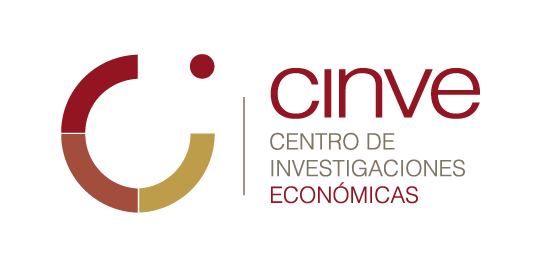This paper analyzes the behavior of private wages during the last twenty years, from a macroeconomic perspective. In particular, the existence of asymmetries in the adjustment to long-term equilibrium is examined using a non-linear error correction model. The estimation using non-linear adjustment mechanisms is based on the observation that certain key economic variables exhibit asymmetric adjustments, and more specifically, non-linear equilibrium. This occurs because market dynamics may differ depending on whether long-term equilibrium deviations are above or below a predetermined threshold. In the case of the labor market, the evidence indicates that the existence of institutional elements that facilitate or hinder price and / or quantity adjustments can generate asymmetries in these adjustments. In this sense, the results show that nonlinear modeling is a more appropriate way of representing empirical evidence.
It also seeks to determine the effect of collective bargaining on the short-term dynamics of real wages. For this, information is used on the type of negotiation (tripartite, bipartite), the degree of centralization of the negotiation (at the branch or firm level), and the degree of coverage by collective agreements. The determination of the effect of these institutional variables is of particular relevance in a context such as the current one, of reinstatement of the Salary Councils.
